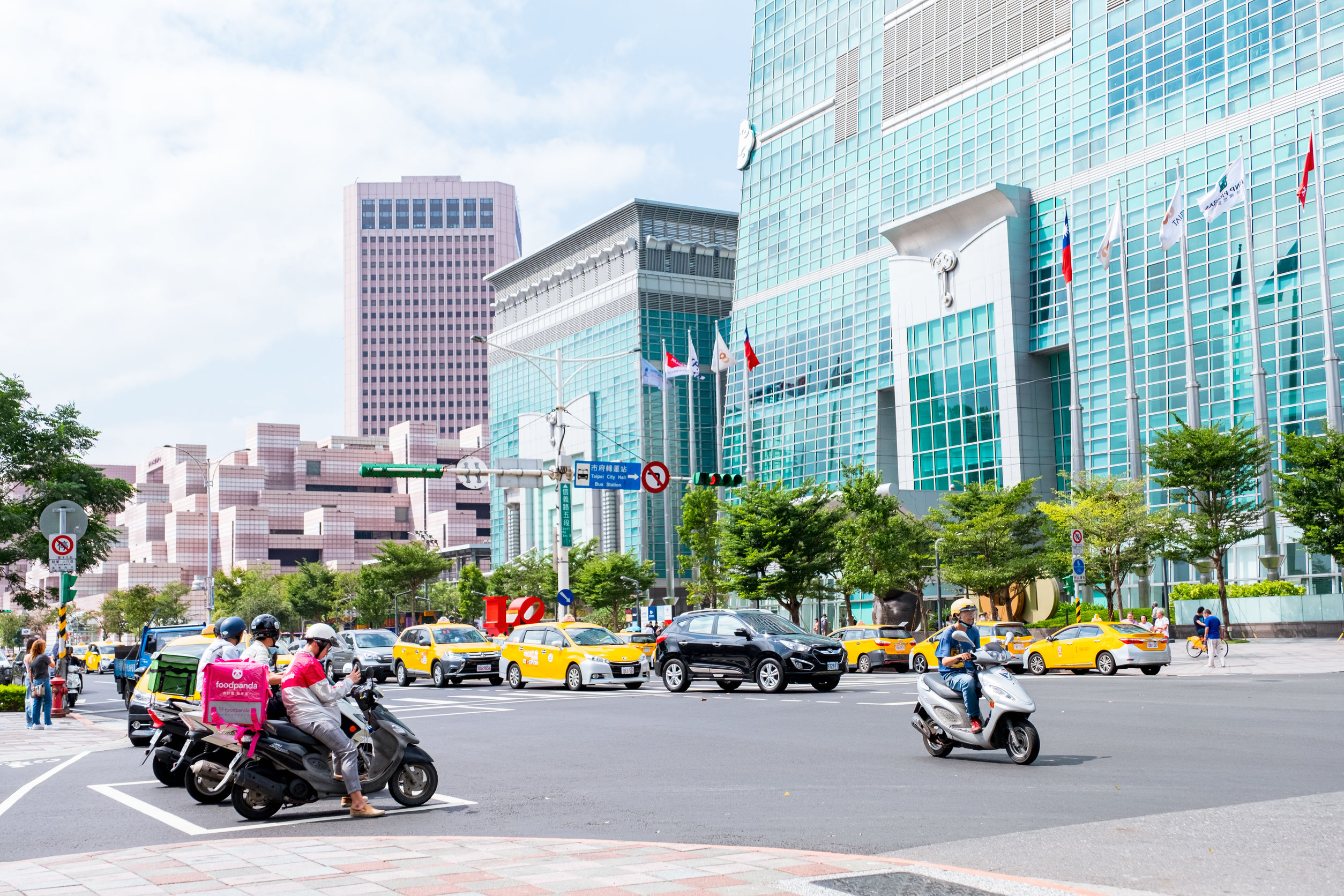Taiwan’s employment rose for 8 consecutive months
- Charles Chau
- Topics: Home Page - News, News, Recruitment, Taiwan

This means the number of people employed by the industrial and service sectors had risen for eight consecutive months, according to the Directorate General of Budget, Accounting and Statistics (DGBAS).
Year-on-year, the employment number was up 0.26% or 21,000 at the end of January, breaking a nine-month year-on-year descending trend.
The improvement is attributed to increased hiring in both the manufacturing and service sectors due to the lifting of government restrictions on business activity last June.
By sector, the number of workers hired in the manufacturing and retail/wholesale increased by 6,000 at the end of January compared to that a month earlier, while the hotel and food/beverage sector added 5,000 jobs in the same period, according to DGBAS data.
The data also showed that since government restrictions on business activities were lifted last June, the number of people employed in industrial and service sectors had increased by 109,000.
Even though the total number of workers rose in the manufacturing sector at the end of January, the improvement within sub-sectors was not even, with the number of people employed by the electronics sector up by 8,000, while that of metal product suppliers only grew by 4,000, as compared to the figures at the end of 2019, said Chen Hui-hsin, deputy director of the DGBAS census department.
The other sectors which saw improvement in employment numbers were construction and real estate, with the number of people employed rising by 6,000 and 3,000, respectively, from end 2019. This was due to an increase in housing property transactions from the second half of 2020.
READ: Hiring demand in Taiwan expected to spike in Q2 2021
The medical and health industry and social work industry also saw the number of jobs rising by 18,000 from end 2019 largely due to the increase in personnel demand due to the pandemic and elderly care.
Unsurprisingly, the three sectors that showed declines in the number of people employed were hospitality, tourism and airlines, with falls of 20,000, 10,000, and 1,000 respectively, from end 2019 due to the closing of borders, according to Focus Taiwan.






